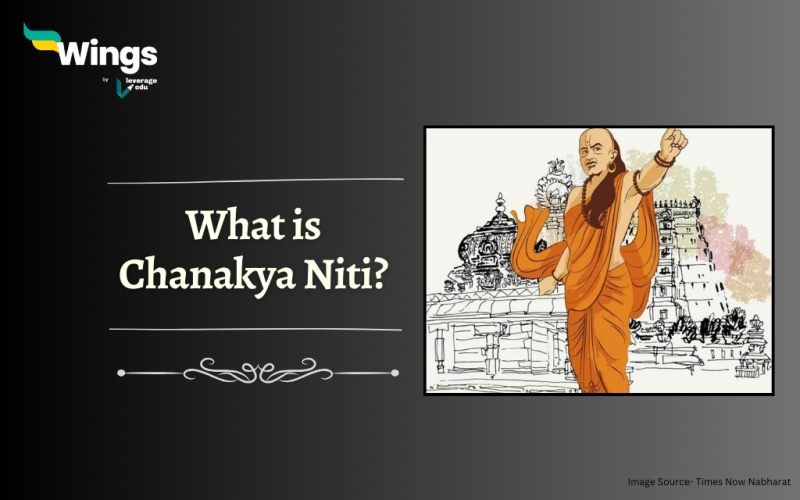Hey, are you intrigued by ancient wisdom and seeking guidance on navigating the complexities of life? Well, Chanakya Niti aka Chanakya Neeti, is a collection of aphorisms which are attributed to the great Indian scholar, economist, political strategist and philosopher, Chanakya also known as Chanakya Kautilya. There are several volumes of the book covering every aspect of life written over the fourth and third centuries BCE. Let’s delve in to know more about what is Chanakya Niti in the blog.
Chanakya Niti : A Book of Ideas
Chanakya Niti comprises the philosophical and ideological musings of the renowned ancient Indian philosopher Chanakya, some of which continue to hold relevance even in the present day. It is a series of ideas that revolves around tips to lead a life of productivity. Its teachings offer timeless wisdom on various aspects of life which includes politics, ethics, economics and personal development. Chanakya Niti is considered not just a book but for some, it is a guide to living a successful and fulfilling life.
Who was Chanakya?
Chanakya was a chief advisor, strategist and mentor to the Mauryan Emperor Chandragupta Maurya, the founder of the Mauryan Empire, helping him establish one of the most powerful empires in ancient India in 322-185 BCE. Known for his sharp intellect and pragmatic approach, Chanakya’s teachings reflect his deep understanding of human nature and the dynamics of power.
Chanakya’s shrewd and practical ideas reflected a deep understanding of human nature. People have drawn his comparisons to figures like Niccolò Machiavelli and even Greek philosophers Aristotle and Plato.
Also Read – How Did Chandragupta Maurya Die?
Chanakya’s Philosophies or Chanakyas Neeti’s
His philosophy emphasizes the importance of a king’s duty to his subjects and resonates in contemporary politics, management and even personal life. Some core principles of Chanakya’s life are –
- Leadership by Example: A leader embodies the nation and sets the moral compass for society. Their actions determine the well-being of their subjects.
- Justice and Fairness: A just ruler prioritizes the welfare of the people, upholds Dharma (righteousness) and ensures swift and fair justice.
- Respect for Wisdom: A wise leader avoids antagonizing elders and advisors who possess valuable experience.
- Financial Prudence: Responsible leadership necessitates avoiding wasteful expenditures.
- Education and Discipline: Parents who neglect their children’s education do them a disservice. A balanced approach involving love, discipline and respect is recommended during different stages of a child’s life.
- Collaboration and Synergy: Certain activities benefit from collaboration – studying in pairs, singing in groups, travelling with companions and warfare requiring a collective effort.
- Knowledge is Power: Regardless of social status, knowledge is paramount. A learned person, even from humble beginnings, commands respect.
- The King as a Role Model: The king’s character and conduct influence the behaviour of his subjects.
Relevant Blogs
This was all about Chanakya Niti. If you want to know more about topics like this, then visit our general knowledge page! Alternatively, you can also read our blog on general knowledge for competitive exams!
 One app for all your study abroad needs
One app for all your study abroad needs













